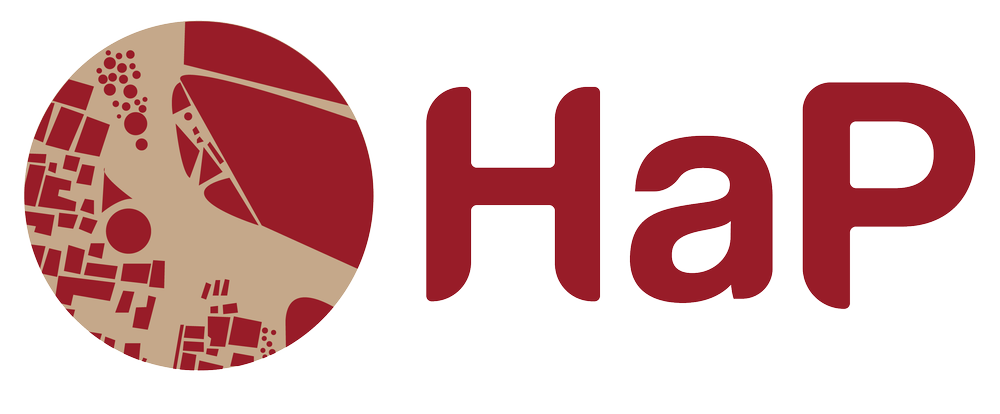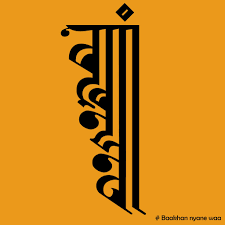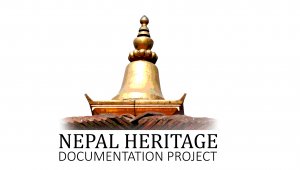HaP International Summer School 2022:
Urban Heritage Mining:
An International Summer School Introducing Documentation and Archiving of Heritage in Nepal
Kathmandu Valley, September 22–29, 2022
Participant Julia Shrestha observing green heritage in Kirtipur. Photo © Corinna Mascherin.
Heritage as Placemaking: The Politics of Solidarity and Erasure in South Asia, a joint research project of Heidelberg University, South Asian University (Delhi), Social Science Baha (Kathmandu) and SOAS University of London, funded by the Swedish Riksbankens Jubileumsfond, organized an international summer school introducing the concept and practice of ‘Urban Heritage Mining’, supported by funding from Heidelberg University’s Flagship Initiative ‘Transforming Cultural Heritage’, and in collaboration with the DAAD-funded partnership ‘Urban Transformation and Placemaking: Learning from South Asia and Germany’ (Kathmandu University, School of Planning and Architecture Delhi, Heidelberg University). The goal of the summer school was to offer on-site training in the critical practice of ‘urban heritage mining’, a dynamic, multidisciplinary approach to collecting, interpreting, and working with intangible and built heritage. ‘Urban mining’ is the process of recovering rare materials through treatment, upcycling, or extracting what has been termed waste material. In an analogy to ‘urban mining’, the summer school ‘Urban Heritage Mining’ is concerned with rare materials engaging with various forms of heritage in the Kathmandu Valley.
Dr. Stefanie Lotter and Swaraj Chitrakar lead participants in a discussion on critical approaches to the archive. Taragaon Museum, Kathmandu. Photo © Monalisa Maharjan.
The summer school was attended by graduate students in social sciences and other fields of study (including heritage studies, archival and museum studies, sociology and anthropology, urban design, art and curatorial studies, and history), as well as heritage professionals and activists. The international and local teaching teams worked closely with participants to identify their requirements to train individual academic or professional skills. The intensive, week-long program was partly research-based, with field visits to heritage sites and archives and opportunities to learn how to mine intangible heritage to create legacy. Participants were introduced to a wide range of heritage activities in the Kathmandu Valley. They explored layers of histoy at the Patan Museum, attended workshops in the Taragaon Museum and Nepal Architecture Archive, studied heritage activism in Sunaguthi, and were introduced in Kirtipur to the Dāphā music tradition, organized by Folk Lok and featuring musical groups such as Tahnani Dāphā Khalah. To see a full list of all of the experts who contributed to the summer school, please visit our archive or click here.
Padma Maharjan (far left) and Sabina Tandukar (front row, fourth from left) lead the HaP team and summer school participants in a workshop on heritage activism in Sunaguthi, including efforts to compat road-widening initiatives. Photo: © Monalisa Maharjan.
In Kirtipur, the Urban Heritage Mining Summer School participants were introduced to the long history of performance heritage in the city, including the Dāphā music tradition and its re-invigoration via a new generation of musicians and artists (such as the Tahnani Dāphā Khalah). These presentations in Kirtipur were led by Pushpa Pananchoke (front row, second from right), and Bharat Maharjan (far left, upper-left-hand corner). Photo © Monalisa Maharjan.
Summer School Archive
Click on the images below to access various components of the Urban Heritage Mining summer school, including profiles of our lecturers, the participant blog, and more.

















